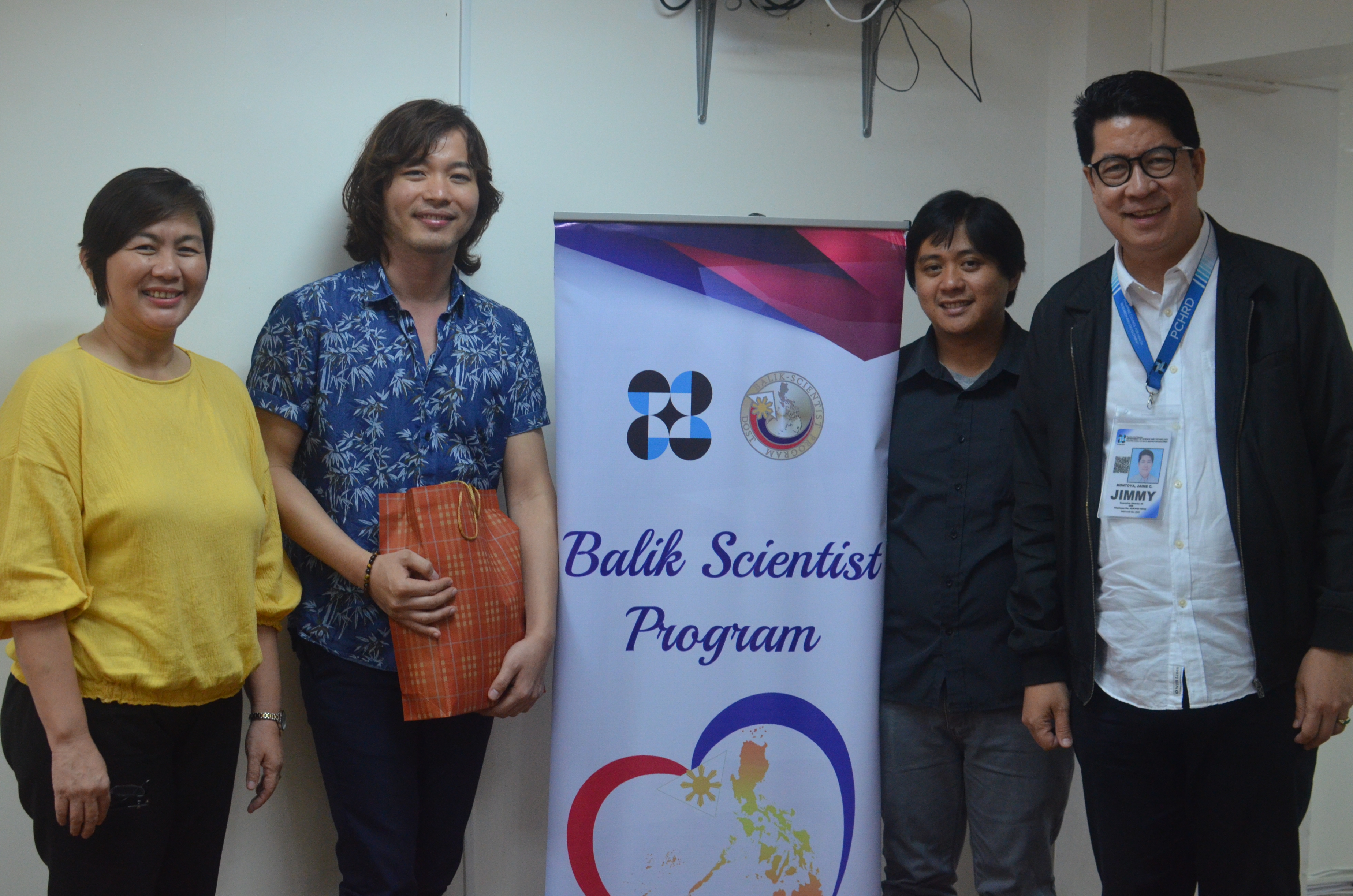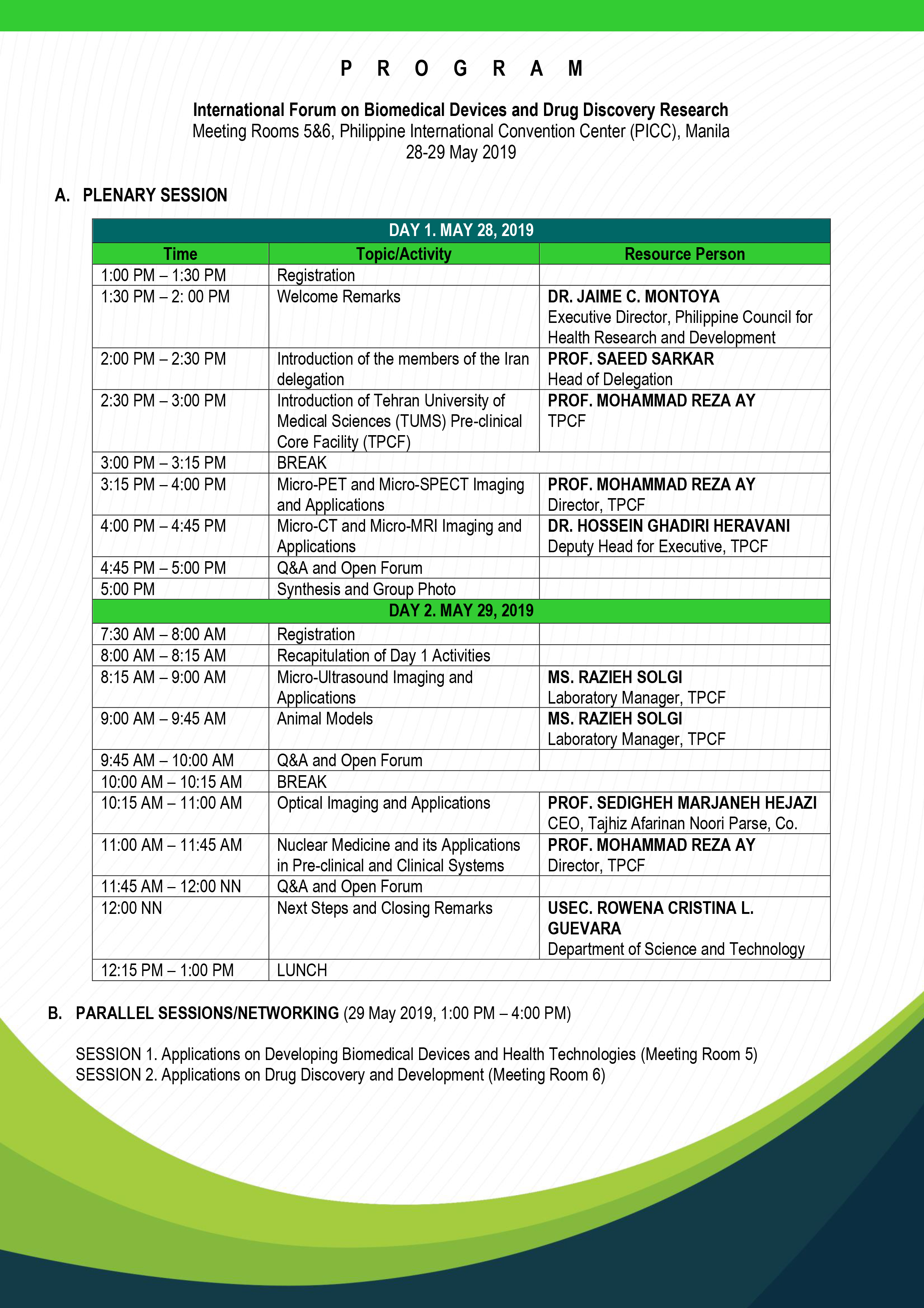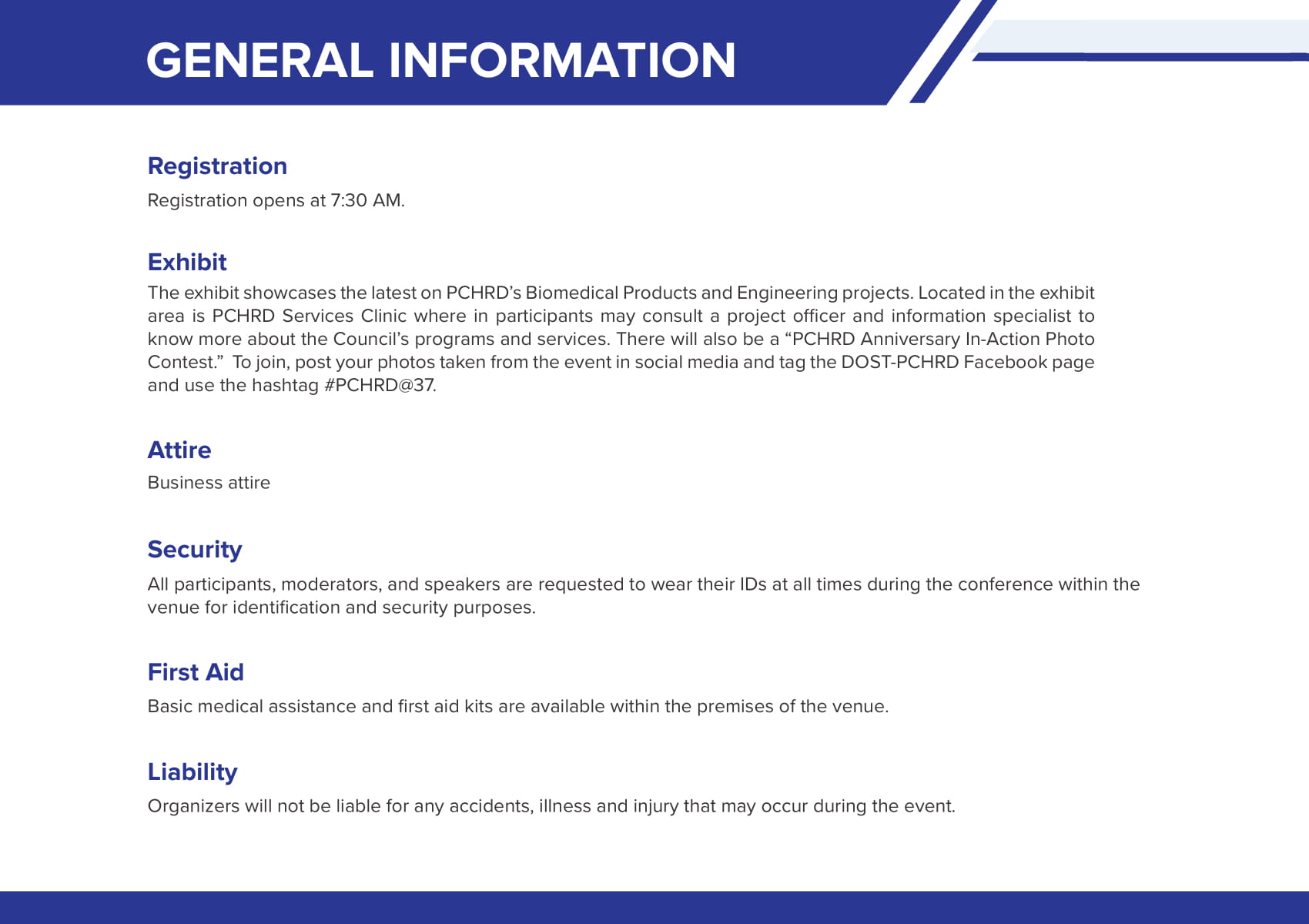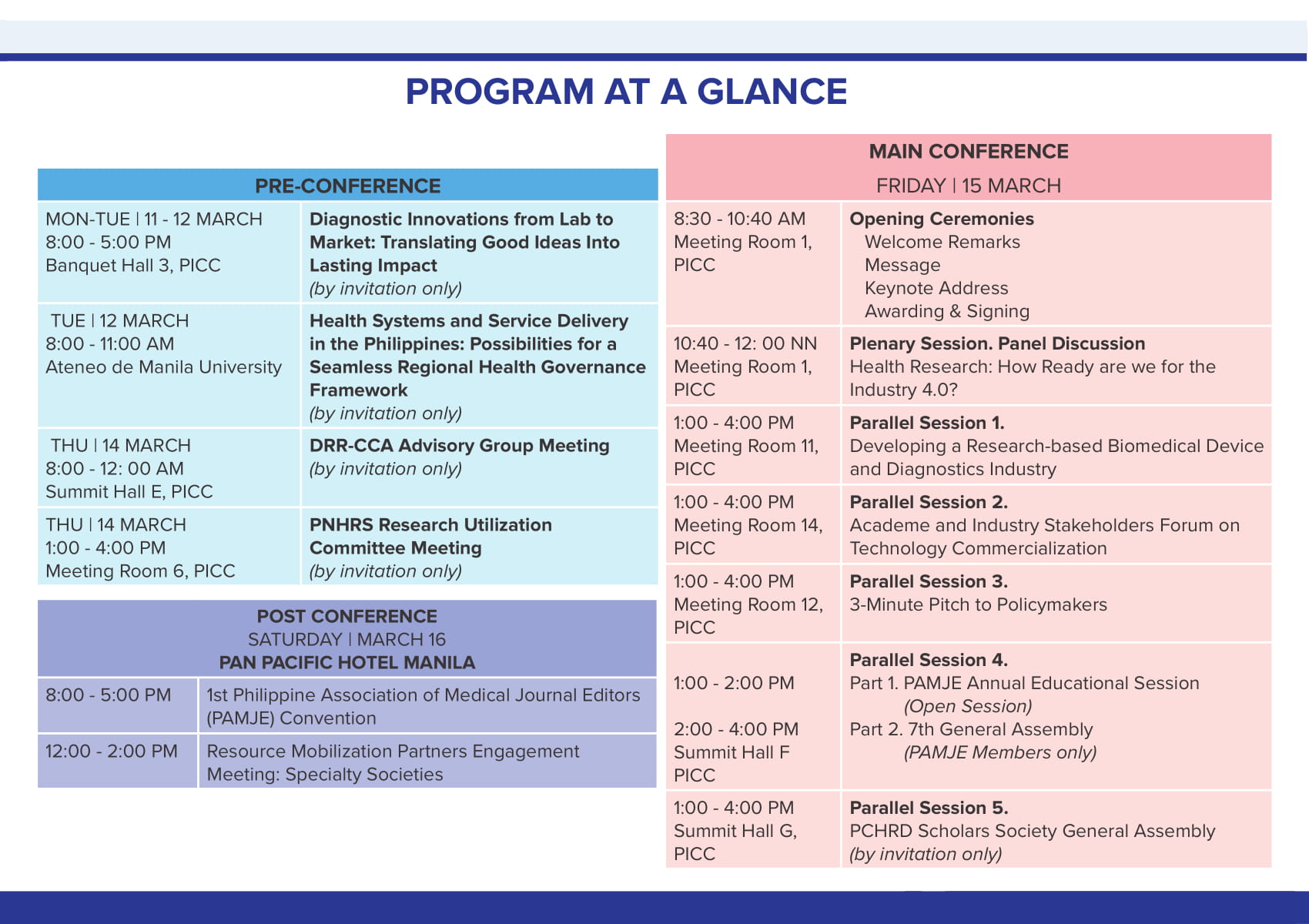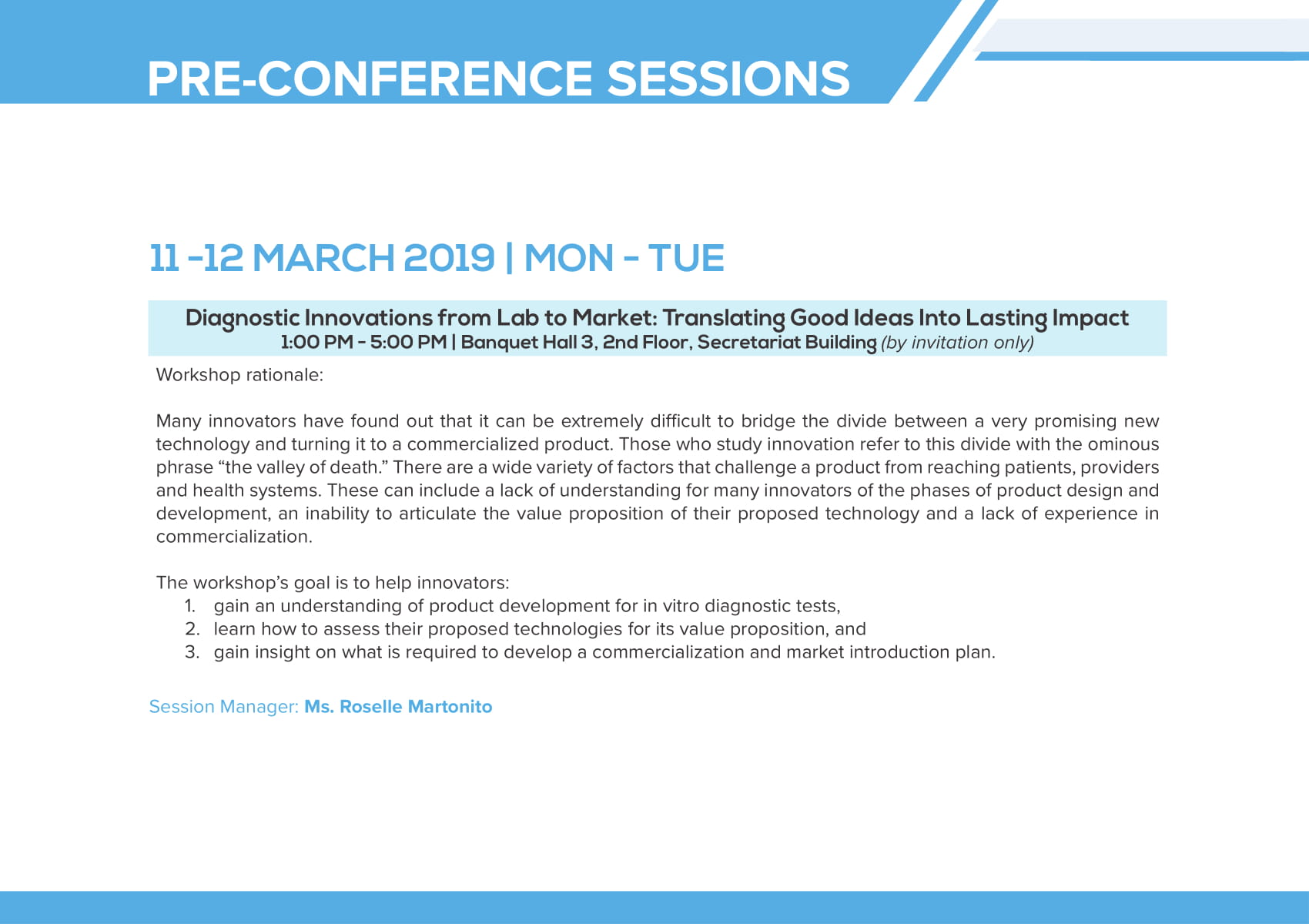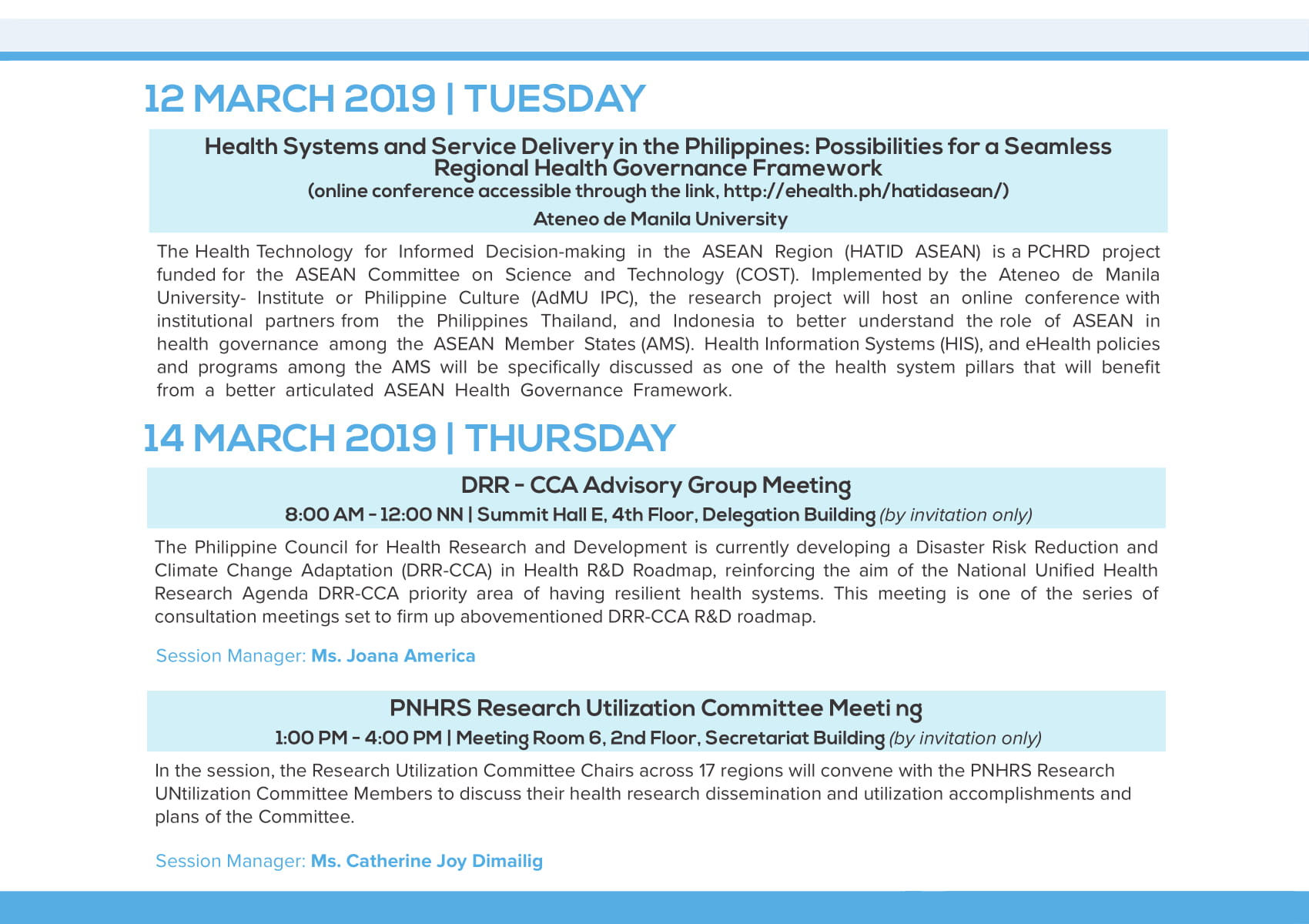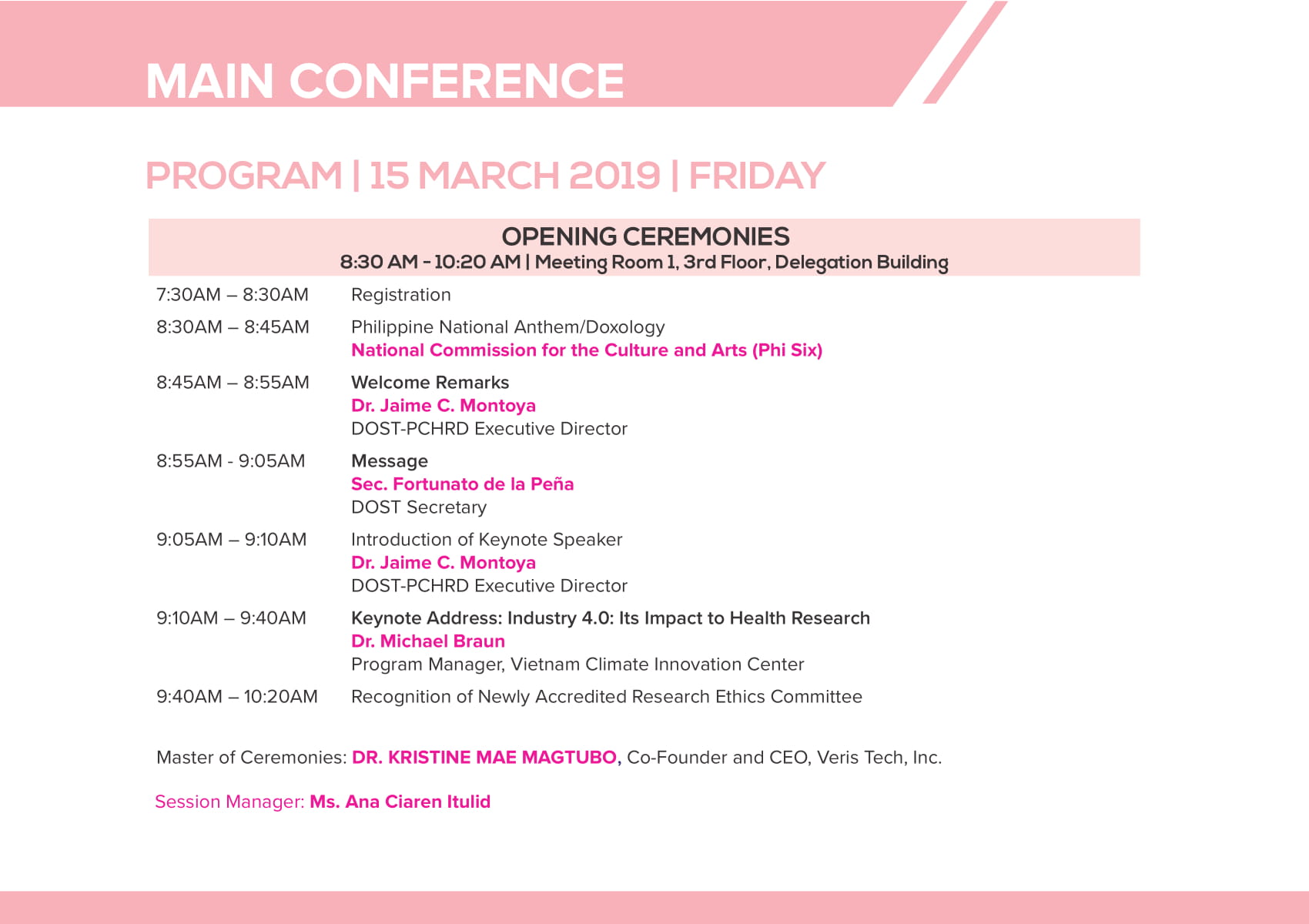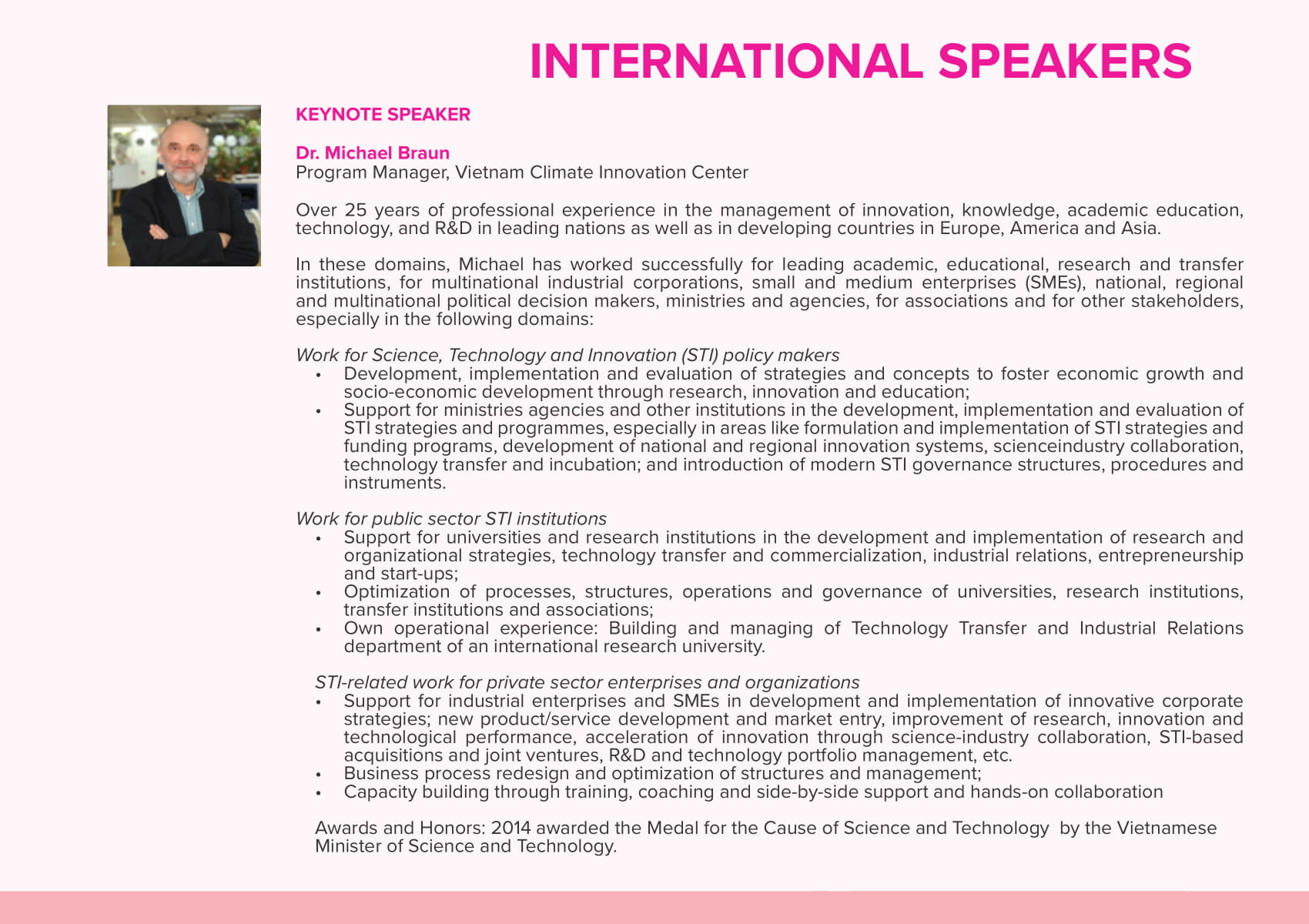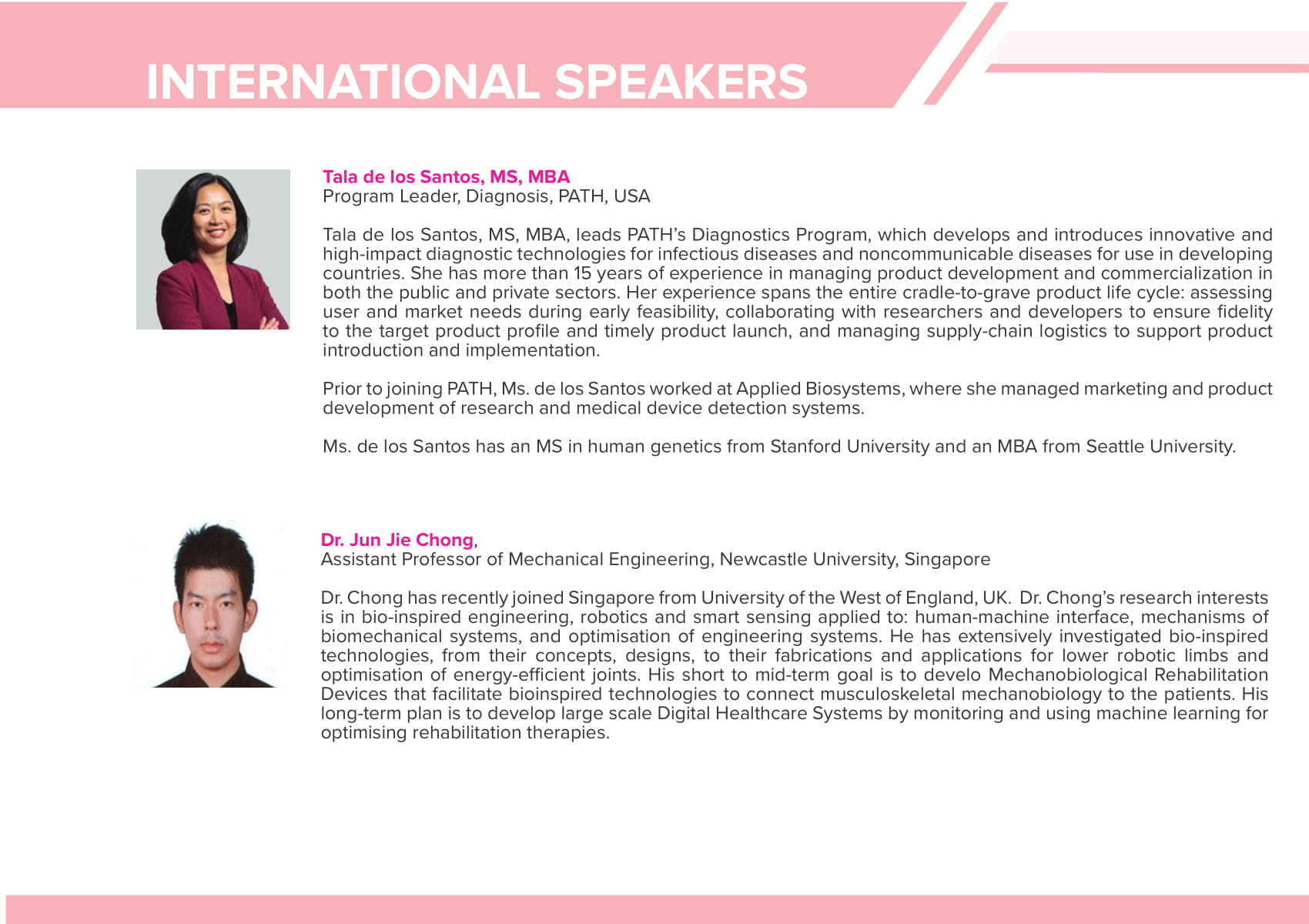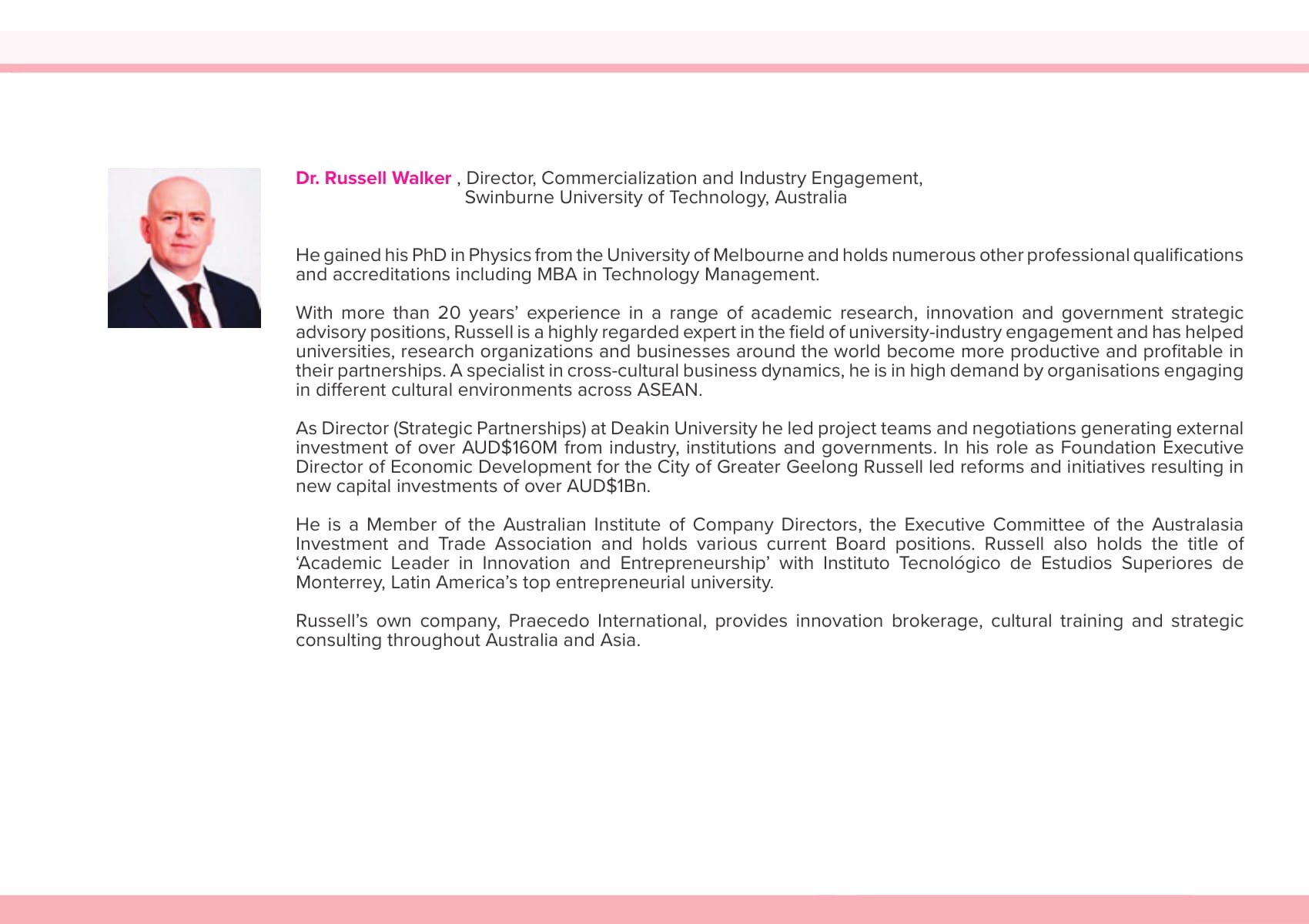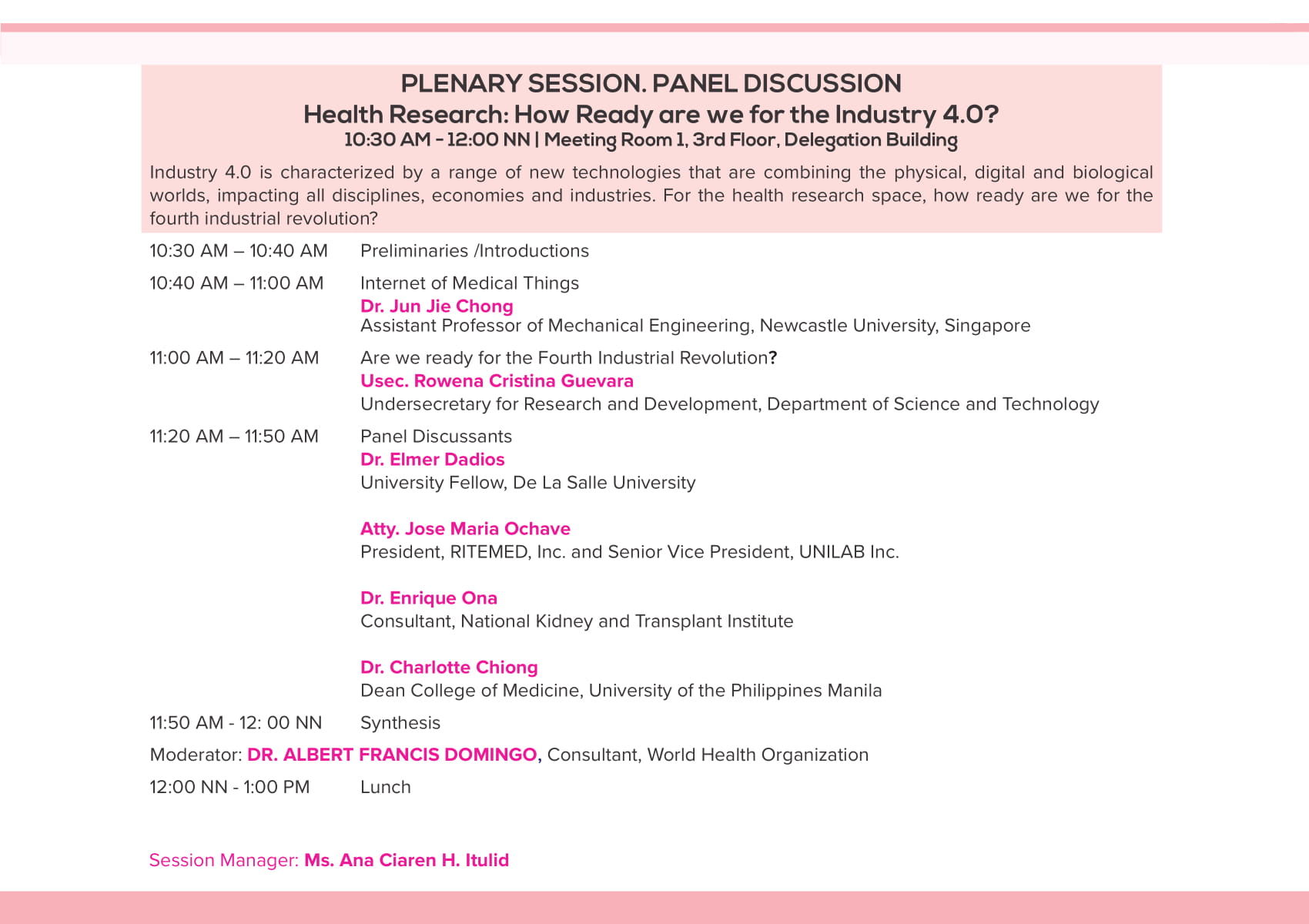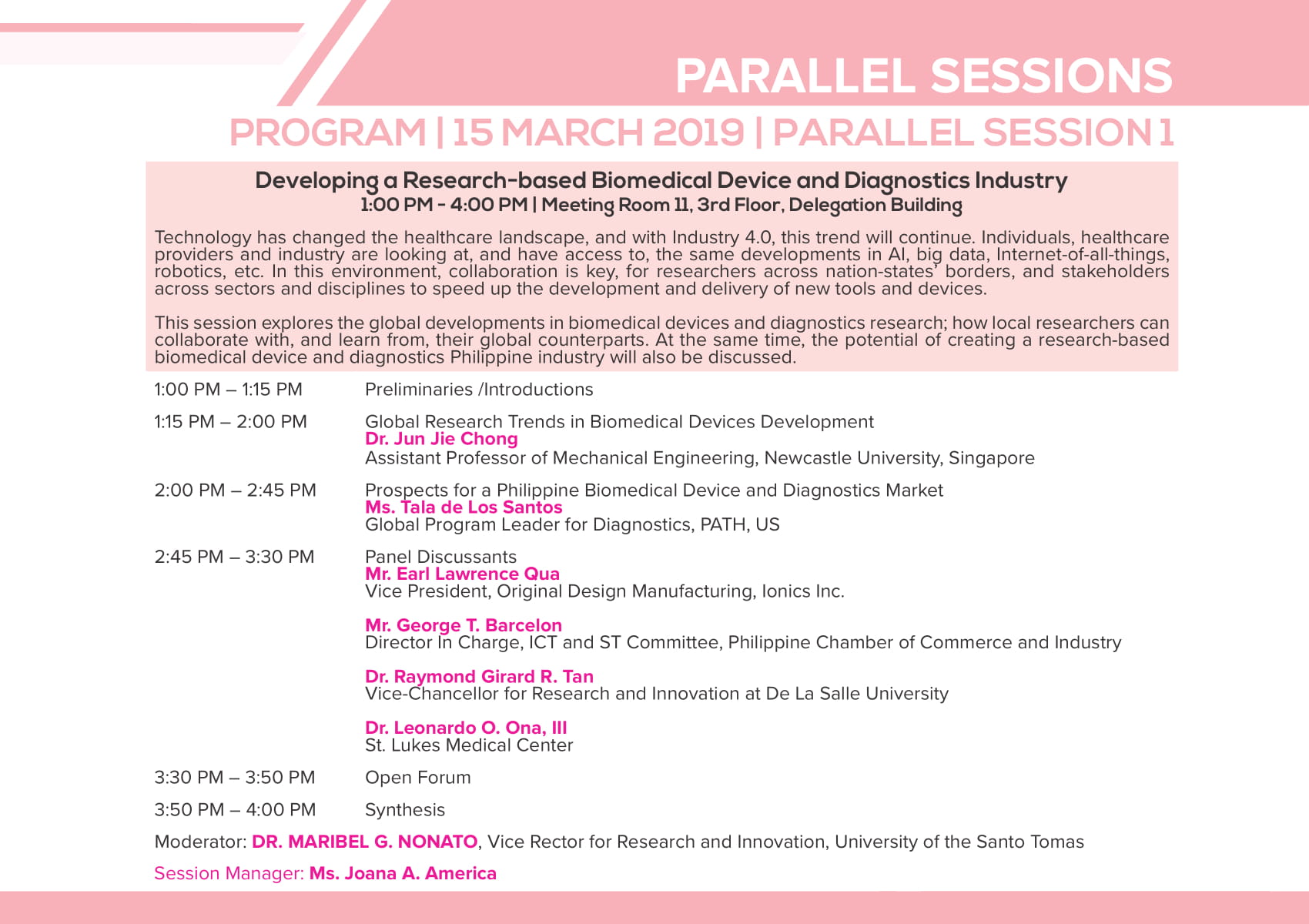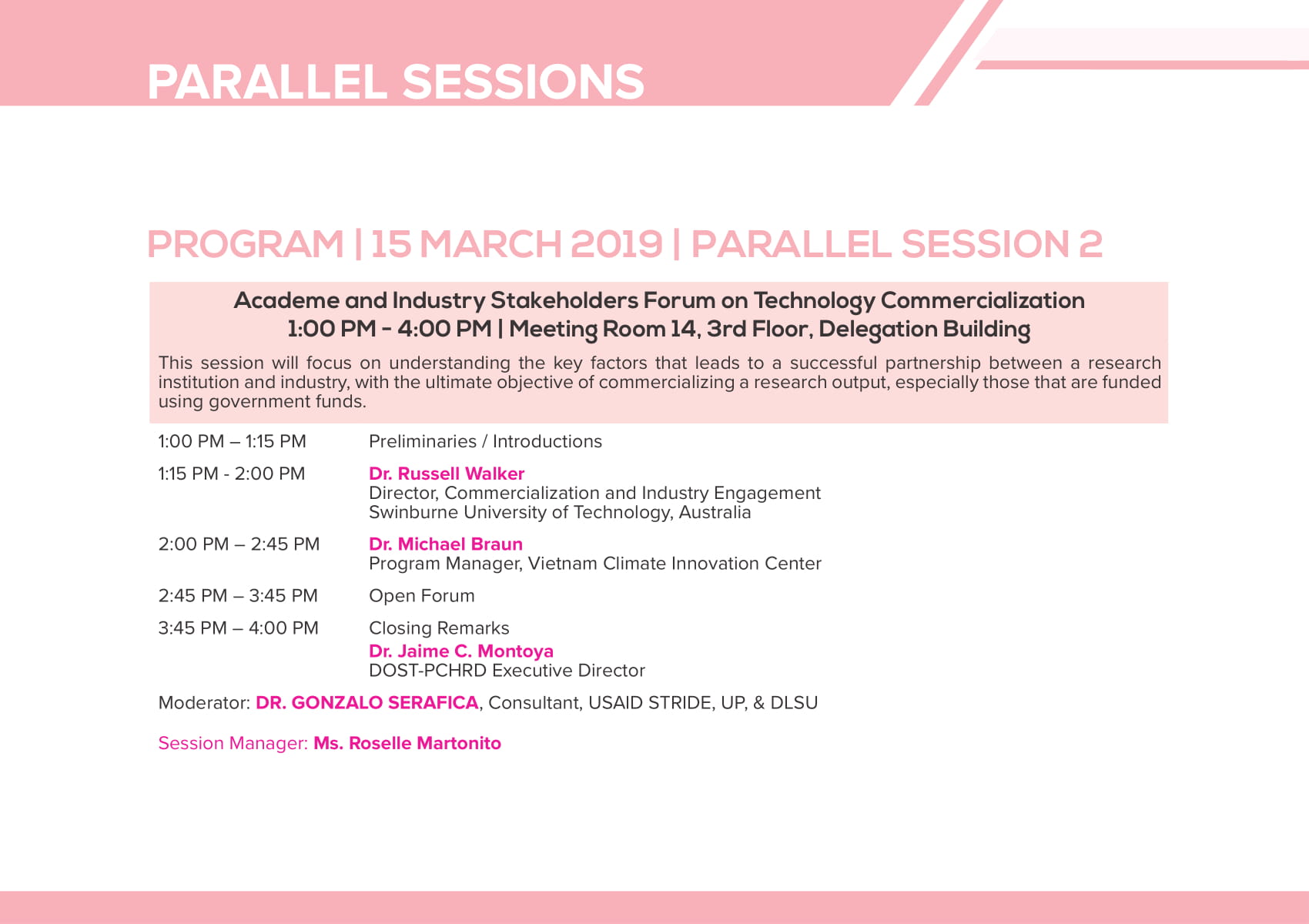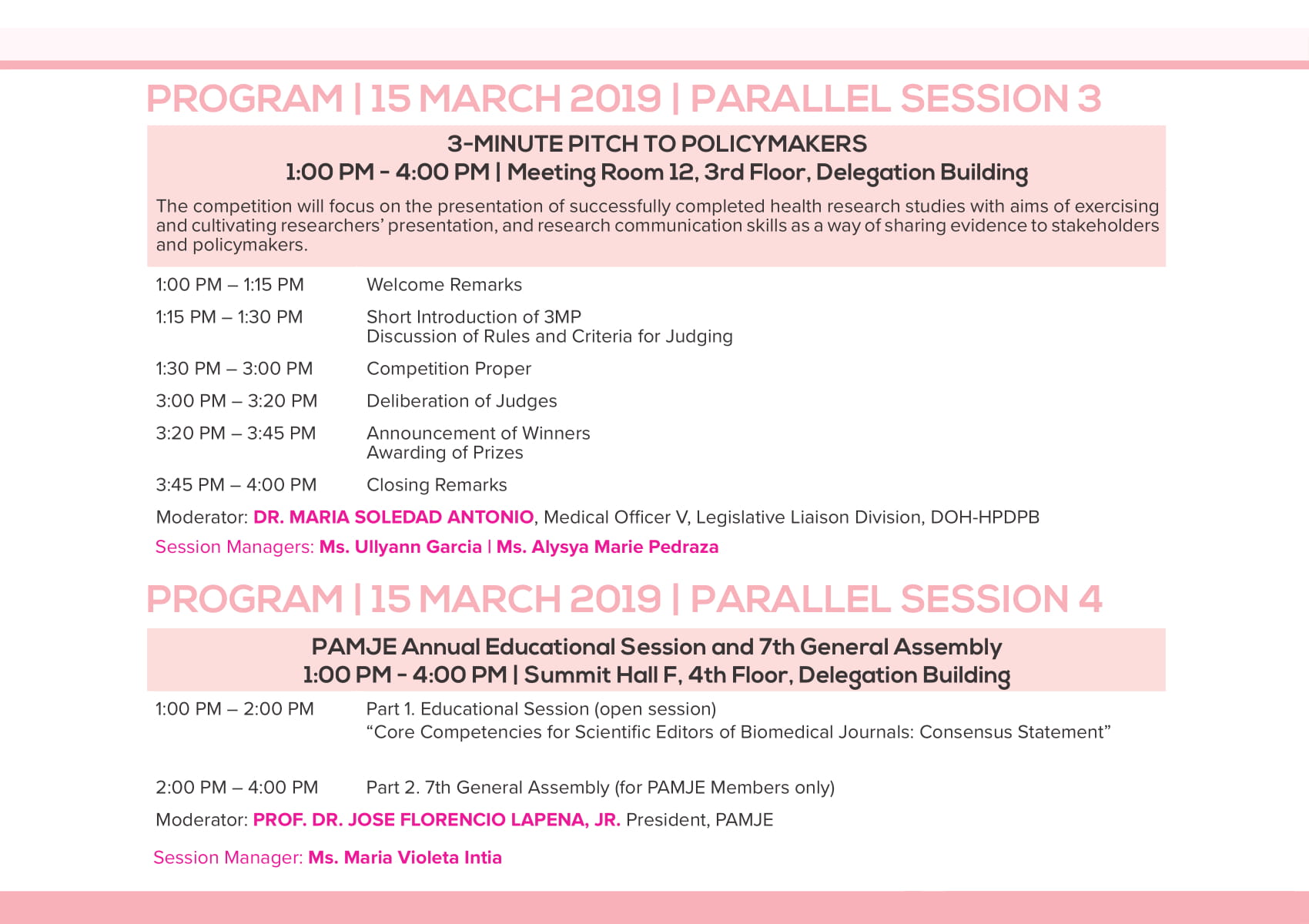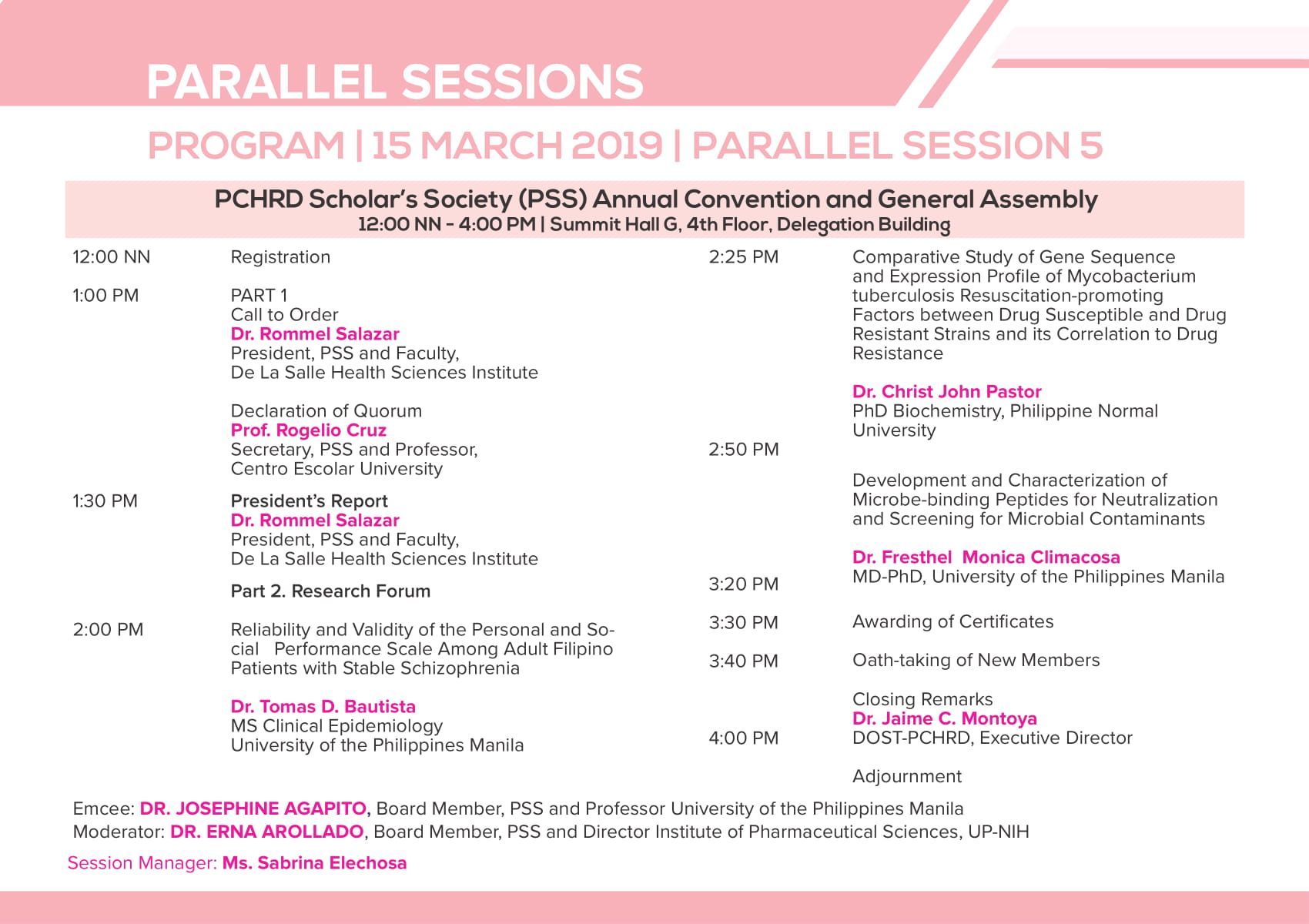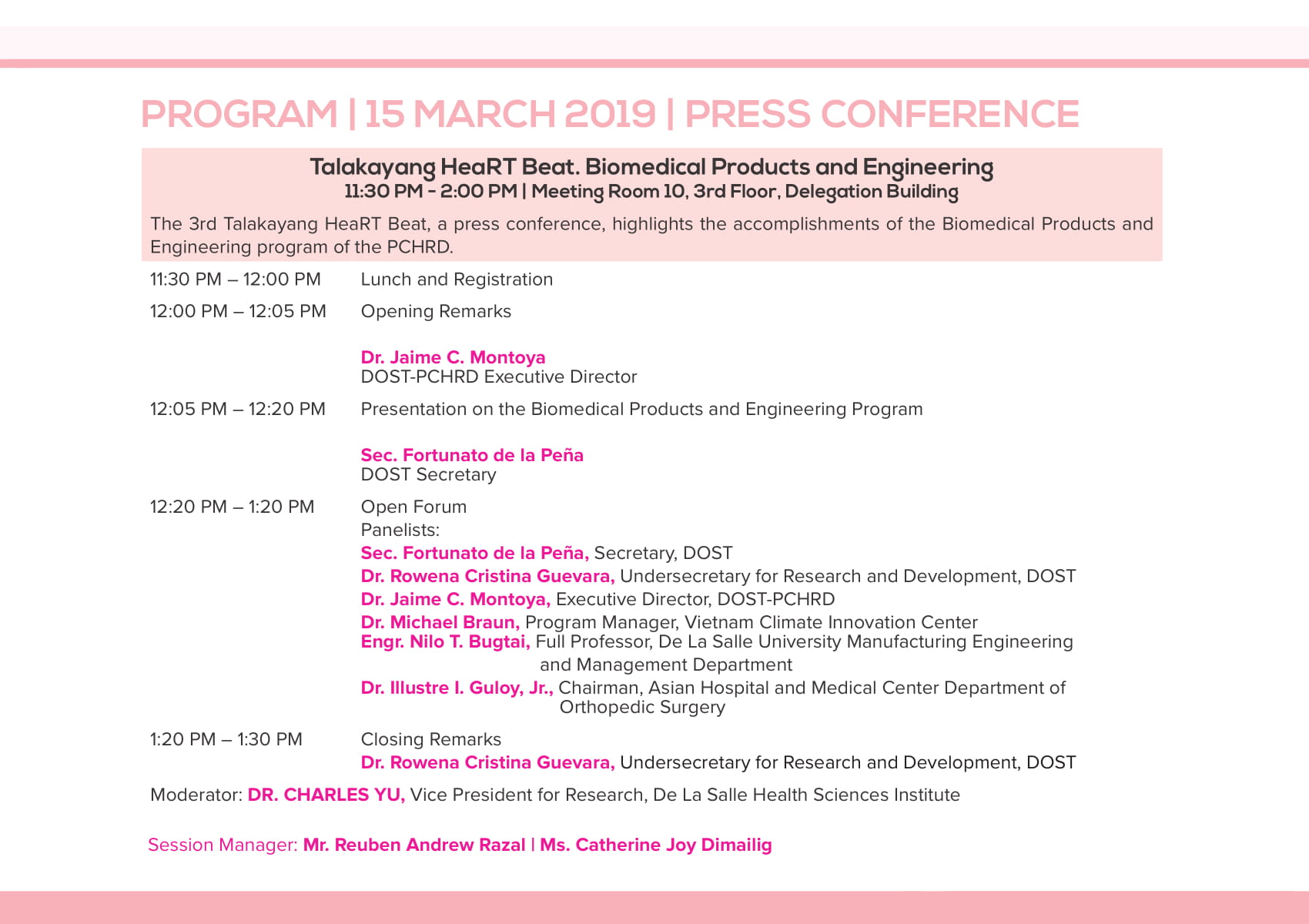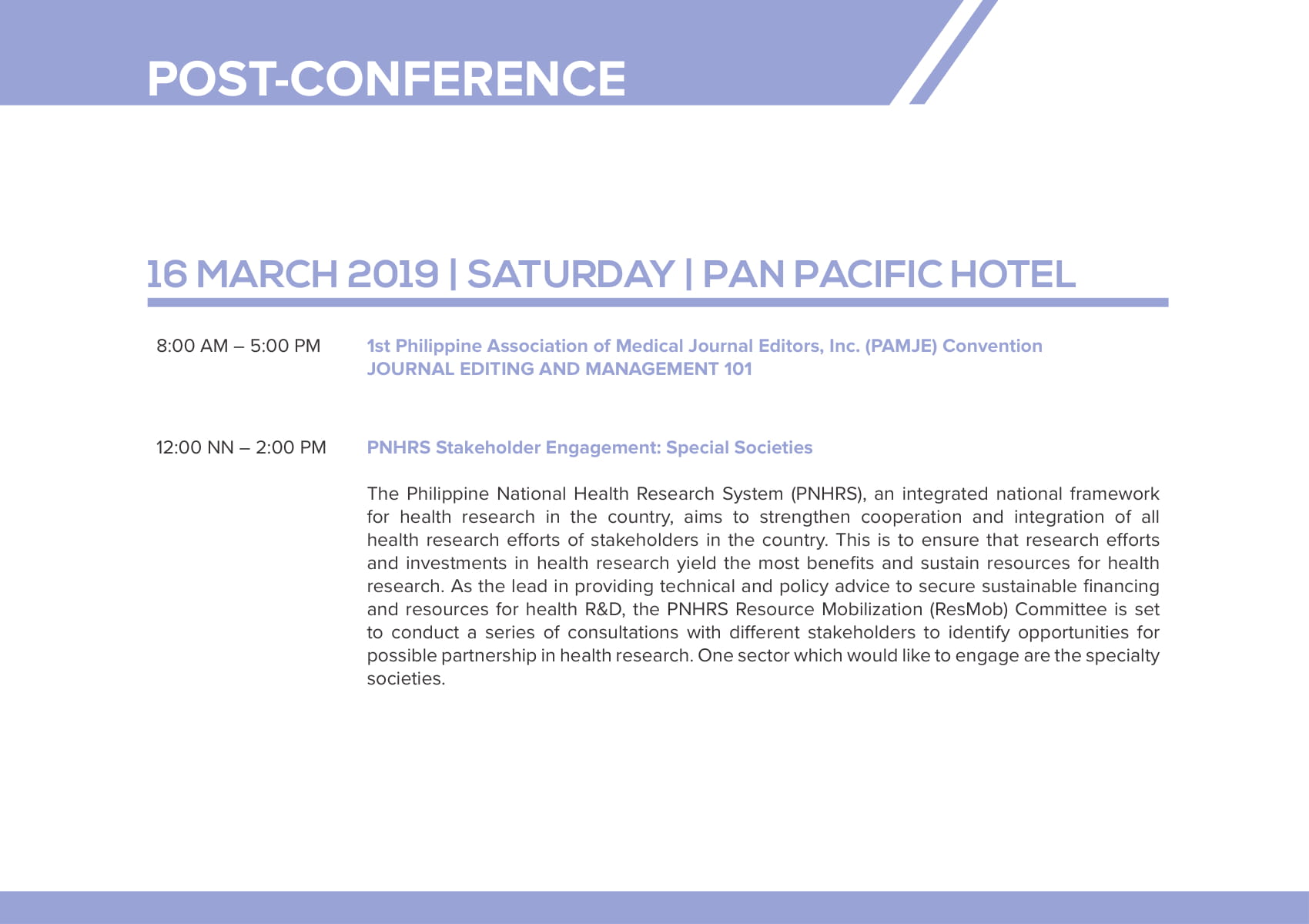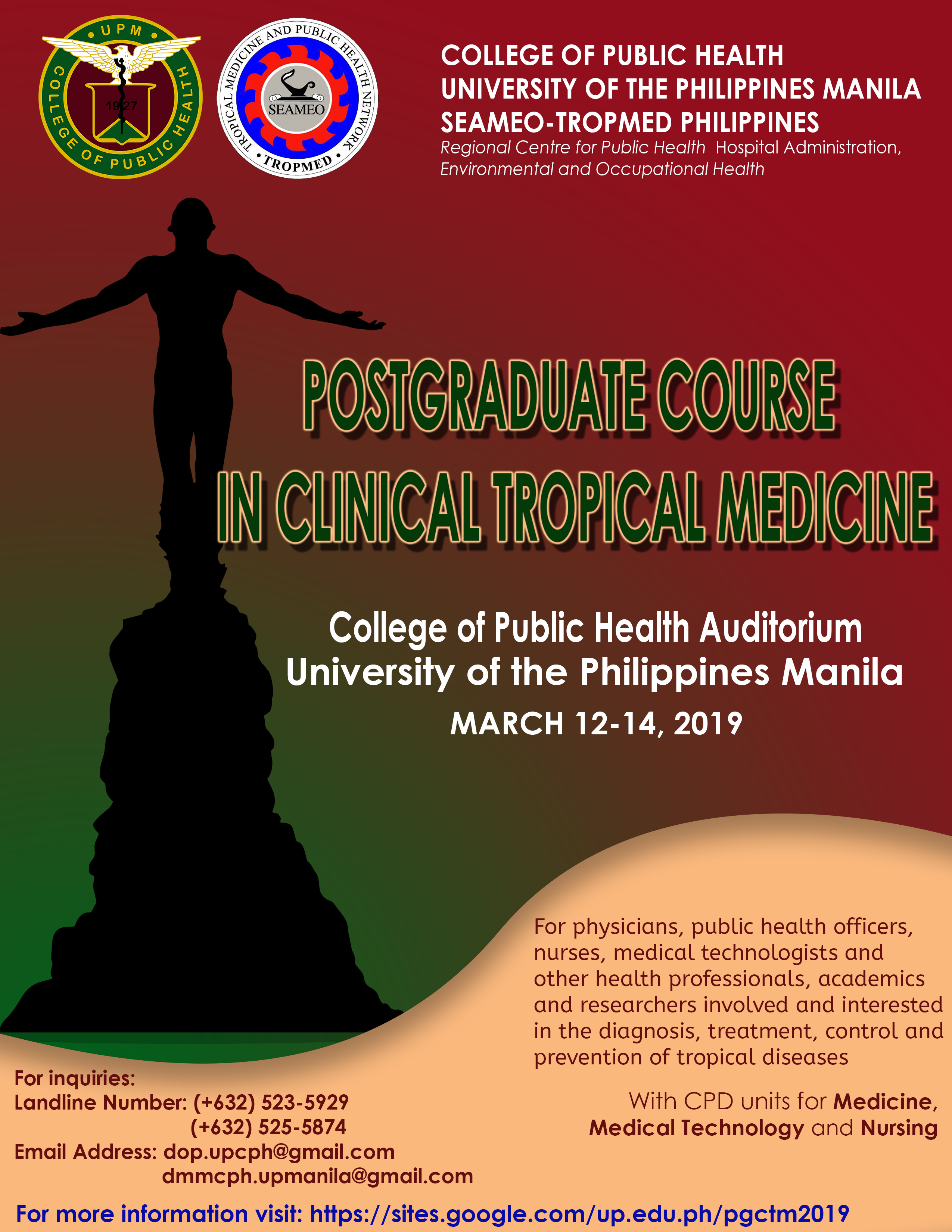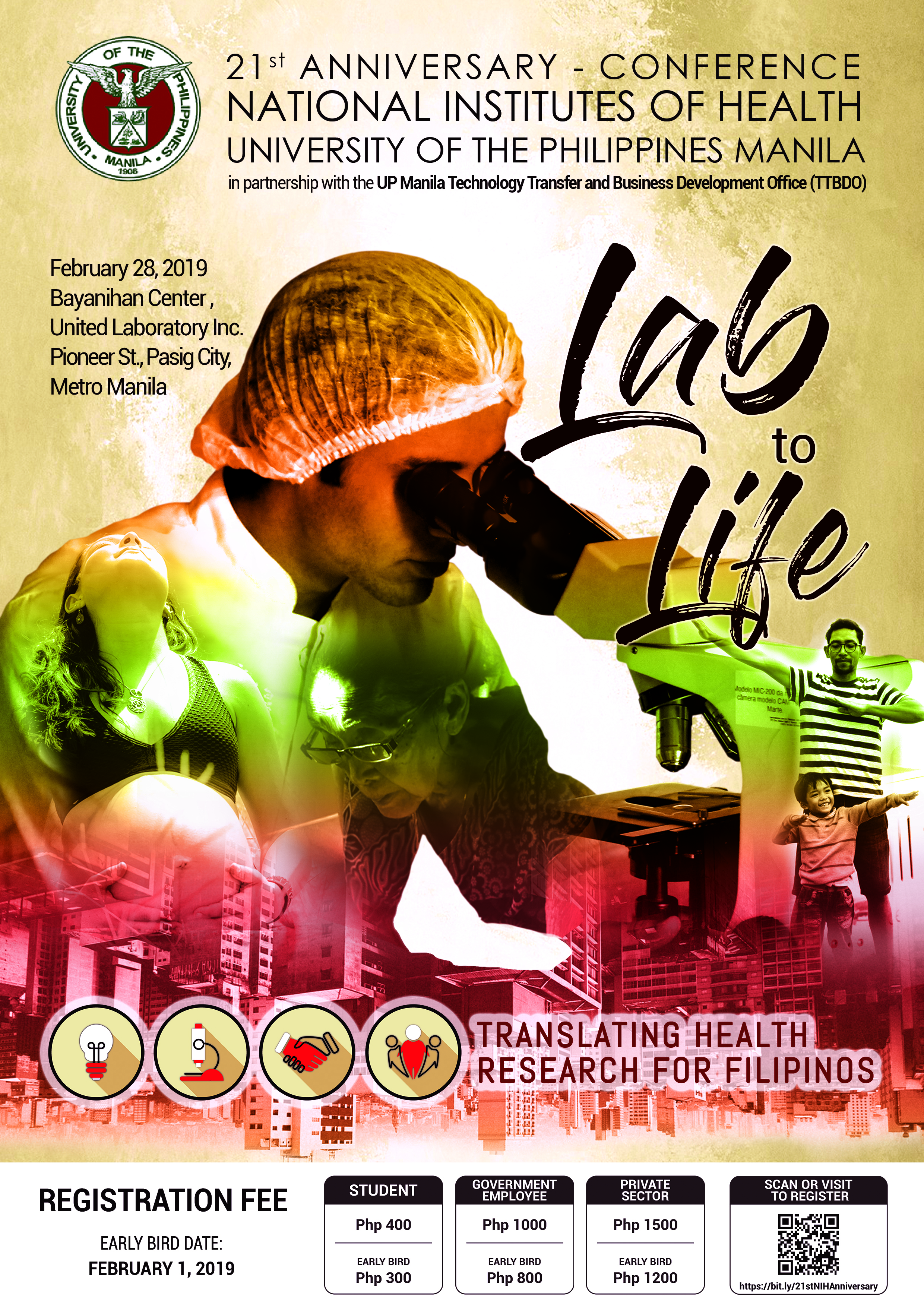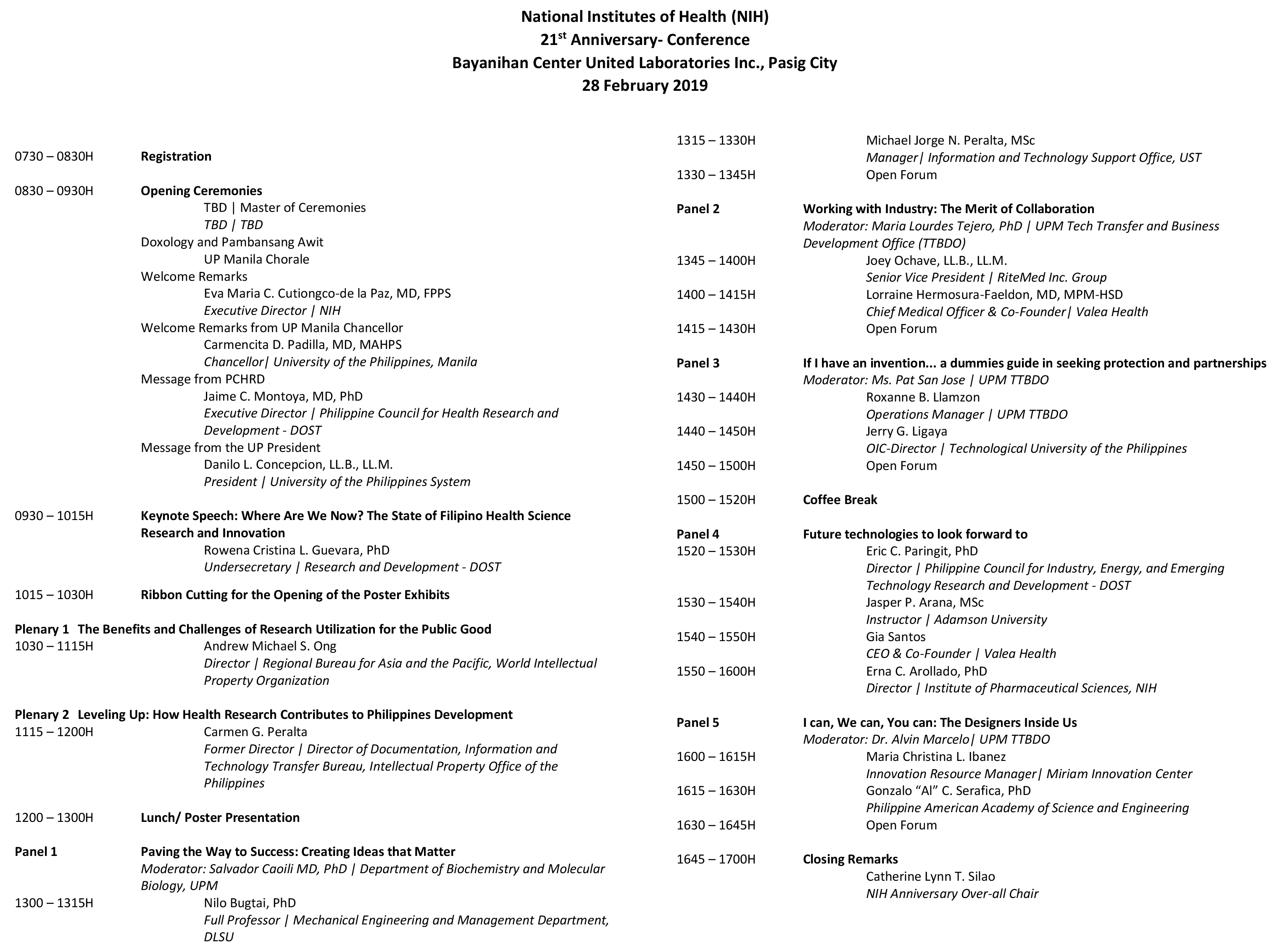- Latest News
- Hits: 6041
27 MAY 2019 – Balik Scientist Dr. Christian T. Gloria pays courtesy visit to Dr. Jaime Montoya, Executive Director of the Philippine Council for Health Research and Development (PCHRD) of the Department of Science and Technology (DOST).
Dr. Gloria as an expert in public health and health education is currently hosted by Angeles University Foundation (AUF) in Pampanga.
Hailing from the University of Texas (UT) in Austin, he majored in Science for Health Promotion and Fitness. He also pursued his master’s degree for Health Education, and doctorate degree for health behavior and health education at the same university. As a student in UT, he also worked as a teaching and research assistant, then moved to Hawaii Pacific University (HPU) to pursue professorship. His pro bono works include leadership works for Bright Smiles Hawaii (BSH) and the Hawaii Public Association (HPHA).
Dr. Gloria will work in collaboration with PCHRD as a consultant on the current CHED-Discovery-Applied-Research specifically for mental health under the Balik Scientist Program (BSP). In line with his expertise on mental health, he prefers to focus on positive emotions and coping methods – which can potentially increase one’s resilience against stress. His expertise will greatly contribute to the development and implementation of programs that can further promote understanding on mental health in the country.
The DOST’s BSP aims to encourage Filipino scientists or experts who work abroad to come back to the Philippines and share their expertise here for the scientific, agro-industrial and economic progress of the country.
References:
Details
Written by Jwynne Gwyneth Macan

